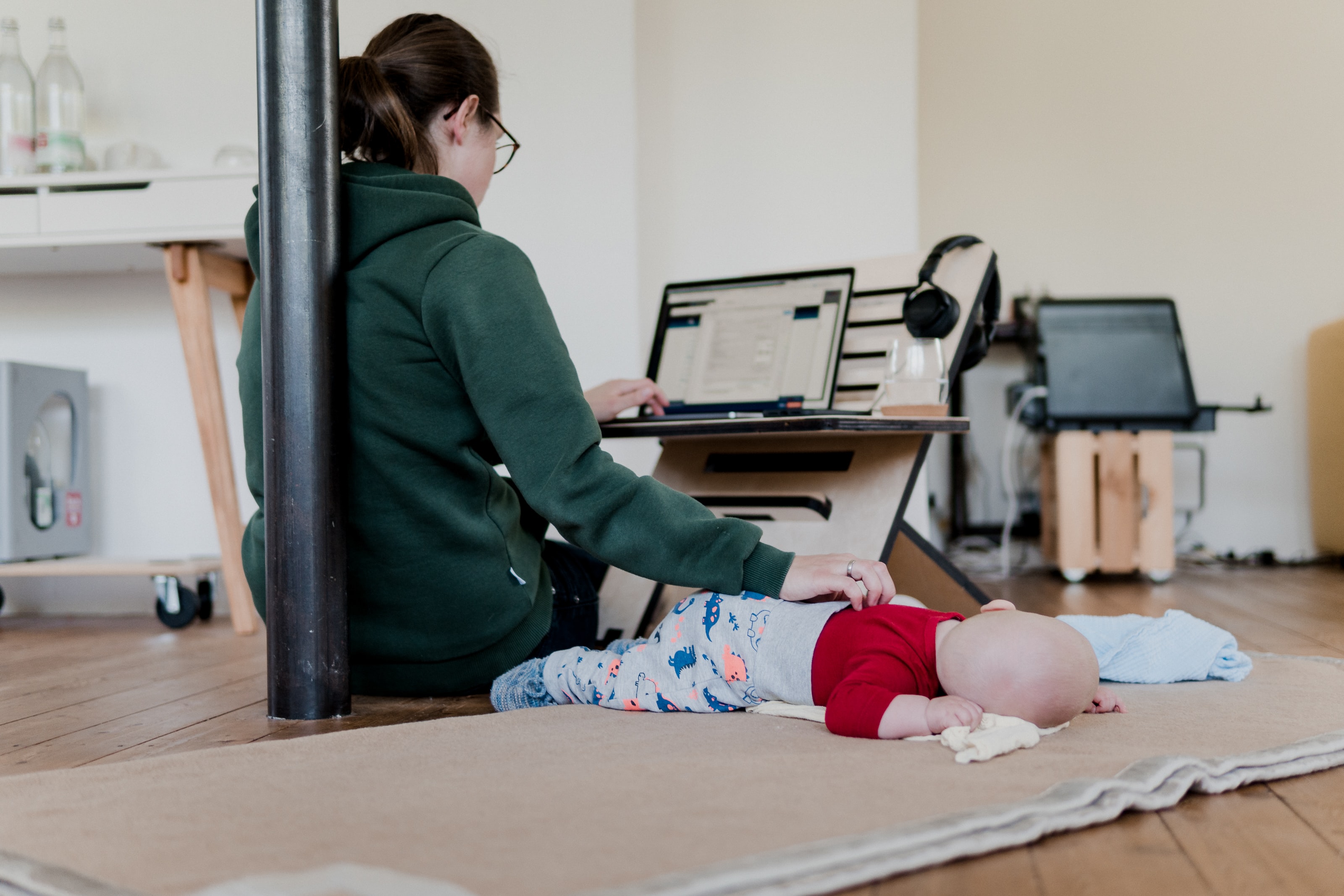Workers have become less open about their mental health struggles during the pandemic amid fears they could lose their jobs, new research suggests.
A report published by the Enterprise Research Centre (ERC) suggests that ‘furlough envy’, isolation and home stresses have led to a deterioration in workplace mental health.
The findings – based on a survey of around 1,900 firms in the Midlands and interviews with managers – were revealed on the eve of England entering its second national lockdown on Thursday.
“Given the stresses many people have faced over the past six months, it’s very concerning that staff appear to be more reluctant to discuss their mental health issues,” said Maria Wishart, the report’s author.
“One possibility is that the economic outlook is reinforcing stigma around mental health conditions in the workplace and a fear among workers themselves that they will suffer repercussions if they speak up about difficulties they’re facing.”
Wishart said it was important firms reassure staff they can speak openly about mental health without judgement, and signpost services on offer.

A man works on two laptops. Credit: Unsplash.
Office of National Statistics data shows that home working is becoming a way of life for many British workers, with almost 50% reporting working from home at some point in the seven days to 14 June.
Meanwhile, figures published by the ONS’ depression survey in August show that almost one in five adults (19.2%) were likely to be experiencing some form of depression in June 2020 – almost double the rate (9.7%) reported before the pandemic.
Last month, the Centre for Mental Health warned that up to 10 million people in England (almost a fifth of the population) will need either new or additional mental health support as a direct consequence of the crisis. Around 1.5 million of those will be children and young people under 18, it projects.
I noticed that people are tense about their jobs
Peter, an interviewee
The ERC’s report found various triggers for poorer mental health in the workplace. Among the factors was an “absence of a transparent process to identify who would and who would not be furloughed.”
Sandra, an HR director from a manufacturing firm, told researchers the way staff had been treated had “divided the company”.
“There are different factions now,” she said. “There’s the working-from-homes, there’s the people who’ve been furloughed, there’s the people who’ve been in throughout, and there seems to be a lot of resentment between the groups. And a lot of bad feeling.”
Some of those who were furloughed felt relieved by the break from working during a pandemic, but remained anxious about the possibility that they may potentially lose their job.
The study also found that younger workers and those having to care for school-aged children had been particularly impacted.
People had also become less likely to admit to experiencing mental health problems since the start of lockdown. This was compounded, according to some participants, by the fact many people were working from home – reducing the regularity of face-to-face interactions where changes in behaviour could be spotted.
“I noticed that people are tense about their jobs, they’re doing a lot more job protecting,” said Peter, a manager interviewed as part of the study.
But he added: “Nobody’s come to me and said: “I’ve got problems, I need your advice on this … I’m sure there was an [mental health] impact, I didn’t see that impact though.”
Dr Diane Phimister, mental health lead for Coventry University Group said: “It’s never been a more critical time to tackle mental health at work.
“Midlands employers can get free support and resources through the Mental Health and Productivity Pilot and I would urge employers of all sizes and from all sectors to tap into what’s on offer – it could make all the difference.”
If you are in the UK and are having suicidal thoughts, suffering from anxiety or depression, or just want to talk, you can call the Samaritans helpline on 116 123. If you are in the US, you can call the National Suicide Prevention Line on 1-800-273-8255. Contact details for a range of mental health charities can be found on the NHS website.






